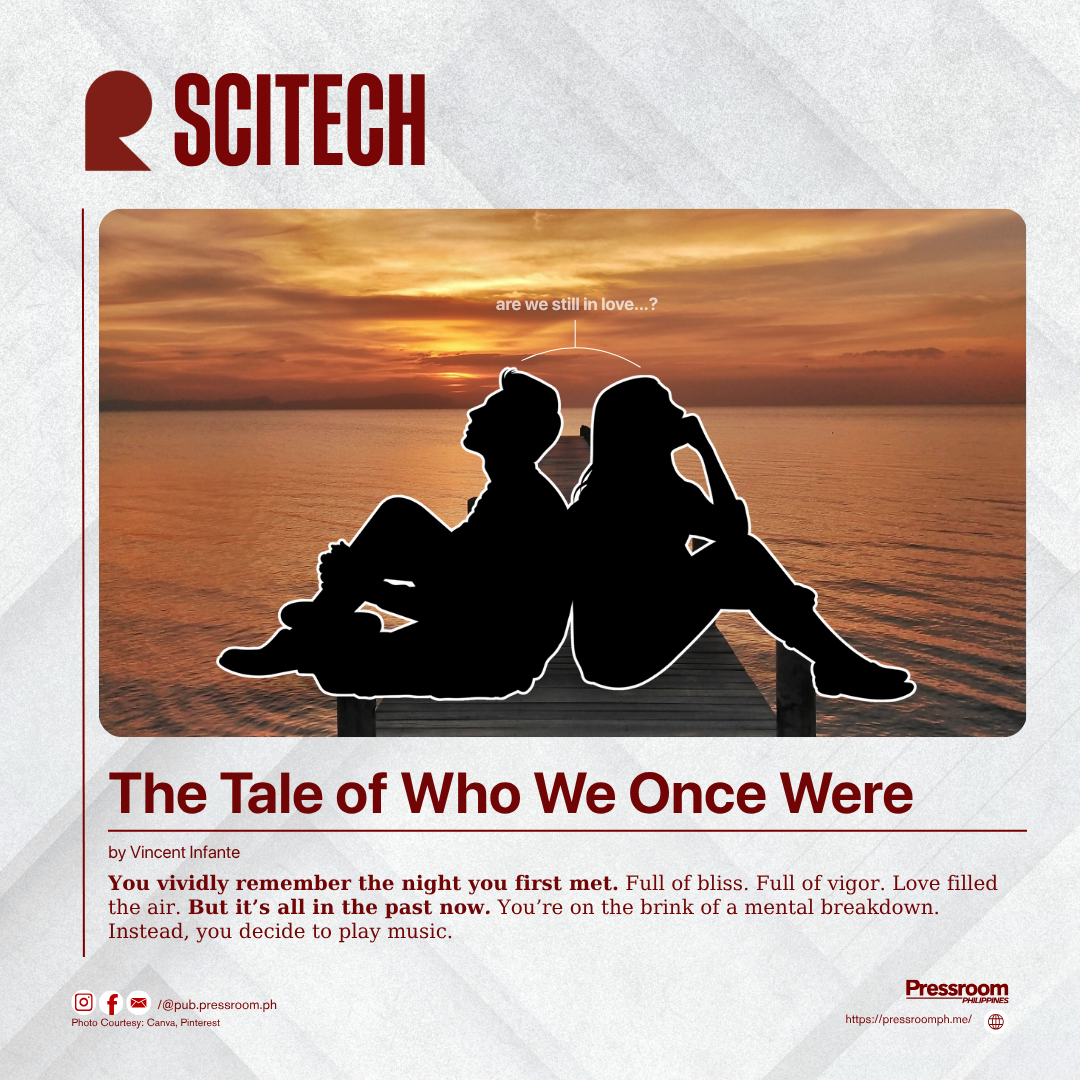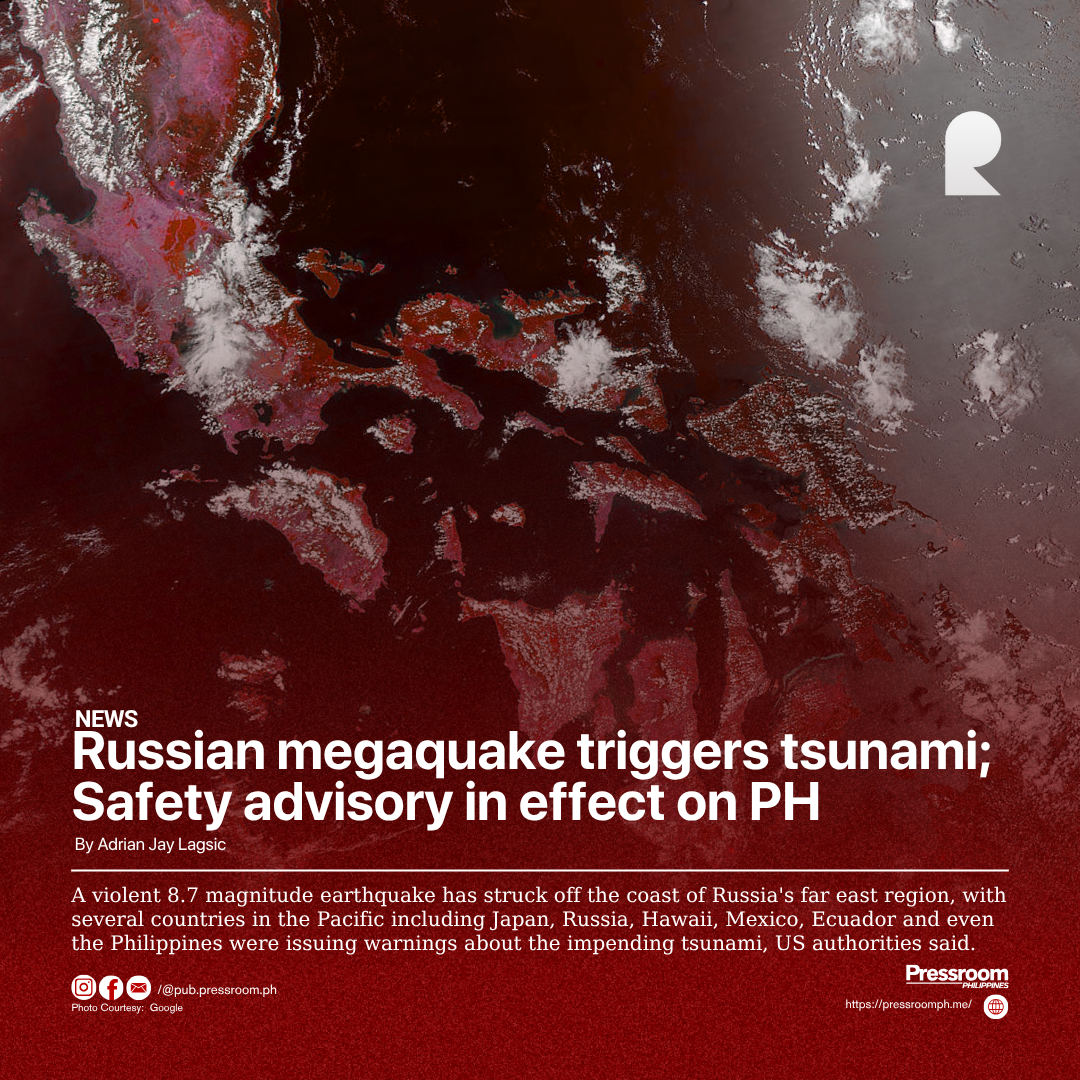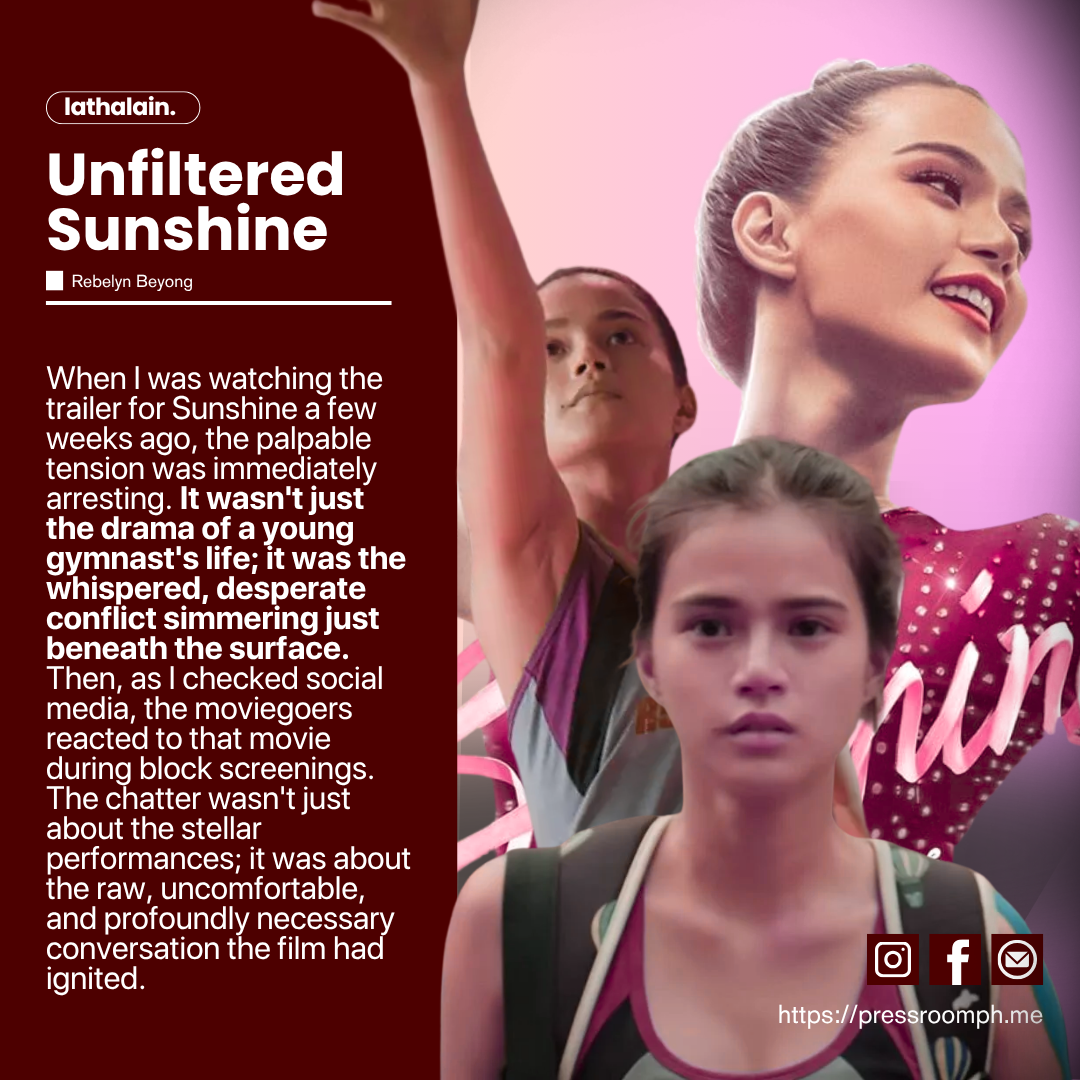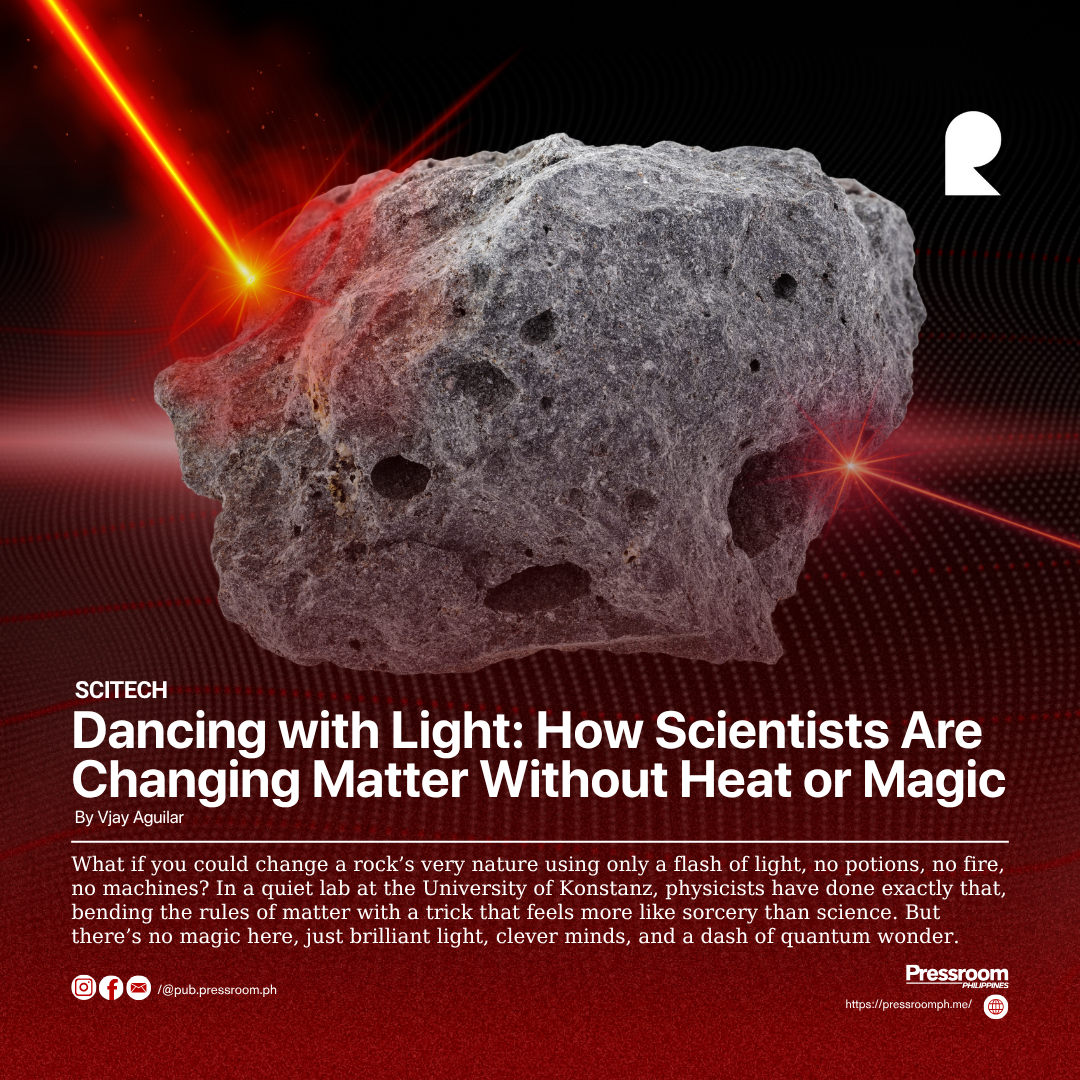You vividly remember the night you first met. Full of bliss. Full of vigor. Love filled the air. But it’s all in the past now. You’re on the brink of a mental breakdown. Instead, you decide to play music.
“Siri, play The Night We Met by Lord Huron.”
It’s crazy to think that someone you shared your highs and lows with, could suddenly leave—just because they “fell out of love.” “Falling out of love reminds us of a song. Siri, play The Ones We Once Loved by Ben&Ben.” But is falling out of love simply a choice—or is there a science behind it?
To understand falling out of love, we must first understand how we fall in love. Romantic love activates the brain’s reward system, particularly the ventral tegmental area (VTA) and caudate nucleus—regions rich in dopamine, a neurotransmitter tied to craving, pleasure, and motivation. According to fMRI research by Dr. Helen Fisher and Dr. Lucy Brown, individuals newly in love show strong activation in these dopamine-rich regions, with brain activity mirroring that seen in substance addiction. “Wait, let’s take a break from science and focus on something involving falling out of love. Siri, please play Back To Friends by Sombr.” These dopamine-driven effects often coincide with elevated cortisol (the stress hormone) and reduced serotonin, which explains obsessive thinking, anxiety, and emotional intensity in early romantic phases. A study by Marazziti and Canale found that serotonin levels in people newly in love resembled those found in people with obsessive-compulsive disorder.
Other neurochemicals like oxytocin and vasopressin promote long-term bonding, trust, and intimacy, often released during touch and sex. “Siri, play Sailor Song by Gigi Perez.” Meanwhile, norepinephrine causes physical signs of attraction—racing heart, excitement, and emotional alertness. This chemical cocktail creates intense emotional highs. These reactions also temporarily suppress parts of the brain involved in fear and judgment, such as the amygdala and frontal cortex—explaining why people say “love is blind.” “Siri, since it will be next month, play August by Taylor Swift.” Over time, if the relationship becomes emotionally safe and secure, the intense dopamine-driven phase gives way to companionate love, which relies more on oxytocin and long-term bonding than excitement.
But when emotional needs go unmet, communication breaks down, or couples grow apart, the brain’s reward response begins to decline. “Siri, stop and reshuffle, play Pahina by Cup of Joe.” The fading of dopamine activation can feel like emotional withdrawal. fMRI studies show that heartbroken individuals experience increased activity in the anterior insula and dorsal anterior cingulate cortex—brain areas also involved in processing physical pain. Naomi Eisenberger’s research supports this, showing that the brain interprets social rejection and heartbreak as a real, physical ache.
Emotional stress doesn’t just affect the mind—it impacts the heart, too. Research from Massachusetts General Hospital, affiliated with Harvard Medical School, links long-term emotional distress to takotsubo cardiomyopathy, or “broken heart syndrome,” where the heart temporarily weakens due to trauma. “My beloved, wherefore art thou now? Siri, play Saan by Maki.” Chronic stress also increases activity in the amygdala, which regulates the fight-or-flight response and is tied to long-term heart disease risk.
Attachment styles influence how people experience love and loss. Those with anxious or avoidant attachment patterns may struggle with emotional closeness, pulling away when things get too intense or uncertain. “Why have you forsaken me? Uncertainty? Siri, play Autumn by NIKI.” When couples stop sharing new experiences or fail to grow together, the bond erodes. Over time, this creates emotional distance, and many describe a final moment of realization—the instant they know love has disappeared.
Despite the pain, healing is possible. The brain can rewire itself thanks to neuroplasticity. Over time, with social support, new experiences, acceptance, and purpose, other neural circuits light up. As dependency on dopamine-driven highs fades, individuals find joy in new goals, passions, and relationships. Research confirms that recovery from heartbreak activates growth in emotional regulation and resilience. True love must never be forced. When the time is right, love will bloom again—this time, with purpose and clarity. The tale of who we once was, serves as a reminder to us that you should leave your past behind to savour the sweetness of the present and hope for a better future. “Siri, for the last time, in accordance with moving on, play Balang Araw by I Belong to the Zoo.”






